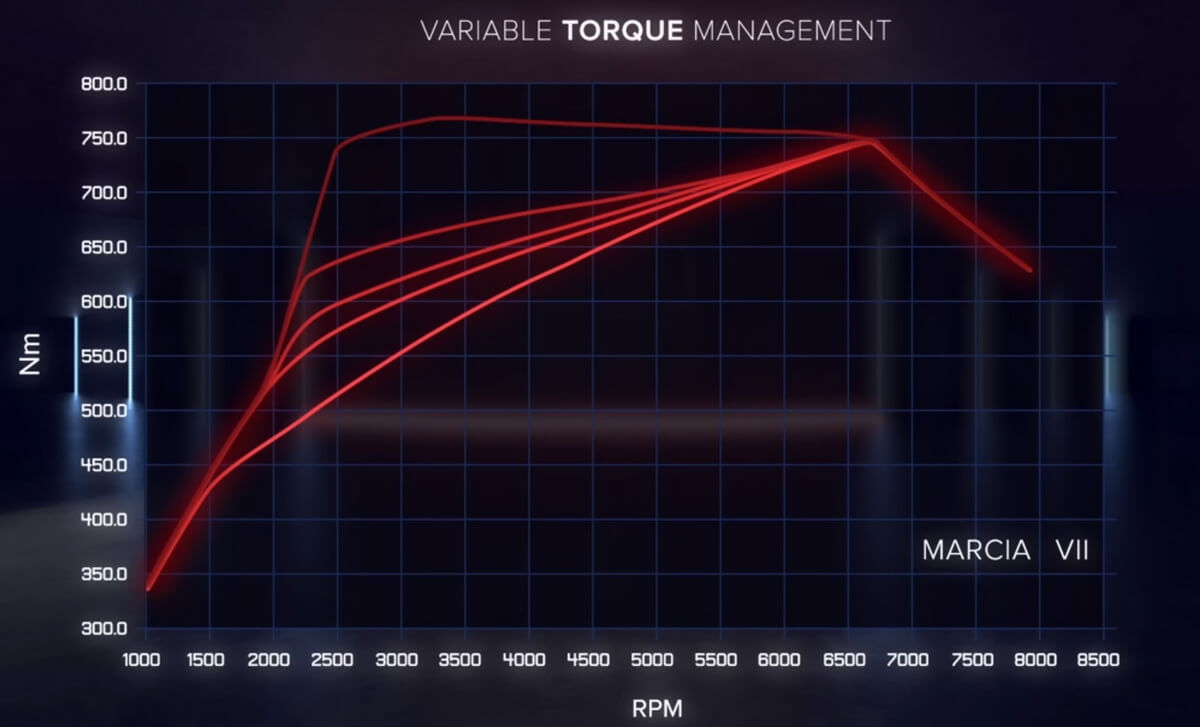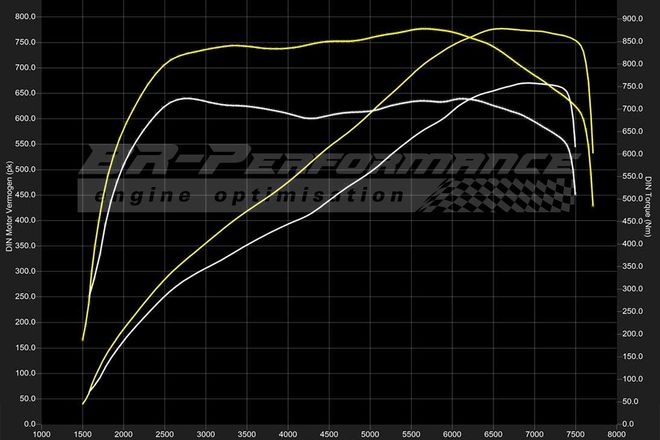I never said one engine will be better, or the opposite. Nevertheless, turbo engine also has some drawbacks not negligibles.ENGINE TUNER wrote: ↑28 Oct 2024, 01:33Your point is far from clear. Do you know what else has mass? ....Fuel, and turbo cars are far more fuel efficient because they don't have to rev as high to reach the same power as NA. 2 cars, same power, 1 turbo, one not, same mass before engine and fuel included, turbo car WILL ALWAYS WIN. Plain and simple.BassVirolla wrote: ↑04 Oct 2024, 22:54Turbos, pipes wastegates and intercoolers all have a something called mass.hsg wrote: ↑03 Oct 2024, 23:41
I dont think so.
We can compare turbo vs NA engine as two NA engines: car engine vs bike engine.
Car engine has more torque at lower rpm(like turbo).
When you put bike engine in car, in racing car engine will always win because bike engine dont have power at lower rpm, so overall you operate engine at lower average power.
Isnt it?
When the car is the same and the base engine is the same or roughly similar, the turbo car will always be quite heavier. In a car well under a tonne it's not negligible.
Edit: Even more, if the engine is the same and you are doing an engine tuning, to achieve the same power the turbo will probably be the cheapest route. But also the heavier. I hope I've made my point clear.
I just don't see it so clear cut, at least not without numbers backing each of the options (i.e. average horsepower in rpm usable band, specific fuel consumption, weight of fully assembled powertrain, etc.).



